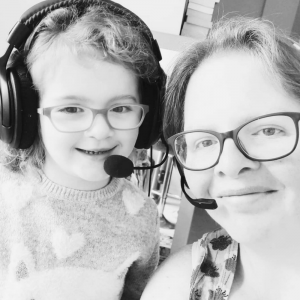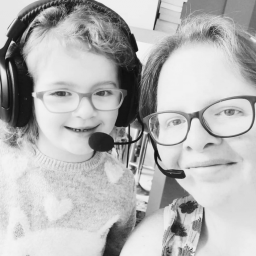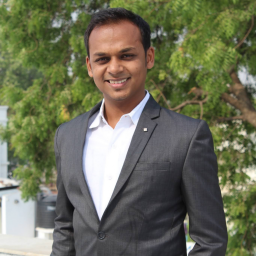Taking care of the health and wellbeing of your employees makes clear business sense. Our employees are the most important asset we have and we need to create an environment for them that is healthy and trusted. We have to get much closer to them and understand their needs better, particularly in the current context where additional pressures are accelerated by a world in distress.
As an employer, we should look at wellbeing in a much more holistic manner, covering mental, physical, social and financial health. At Zurich, these are also the four pillars on which our employee framework is based on; they are all interconnected and cannot be looked at in siloes. The fundamental aspect of caring about your people, and wanting them to live happier and healthier lives, not only makes sense to the individual but also for business performance.
People that are cared for at work, that feel appreciated and recognised, will perform better, have fewer sick days and be more productive. As employers, we should be looking at how we can bring the right support for our employees, at the right time, by being able to predict where each individual is on their career and life journeys and provide pre-empted, targeted support accordingly.
We have a very diverse workforce based in different locations Our employees don’t all need the same support or care. For example, the wellbeing support preferences of millennials are not the same as those for Gen-X or ‘boomers’. A personalised approach to employee wellbeing comes with providing an interconnected proposition to empower the individual, with the right set of services and insights to take proactive actions.
As a leader, showing any type of vulnerability or depression is unfortunately very often considered to be a weakness. Stress can be a great motivator but can also disable your thinking and creativity and harm your mental and physical health if excessive and out of control.
Earlier this year I took on the role to build a “start-up” within Zurich Insurance and, only a few weeks into the job, the pandemic break-out became reality and the world went into lockdown, with a high level of uncertainty of what the future would look like for our employees, families and businesses.
There was no longer ‘only’ the pressure of building a new company. It was now exacerbated by an environment where you weren’t able to engage directly with your colleagues face-to-face, and a financial market in distress. It became very important for me to proactively take action when I realised that the stress of my role was becoming excessive.
As I was building a new company within a settled and mature organisation, I knew I had to strike the balance between understanding what is urgent and what is important, whilst quickly finding and trusting my internal compass.
I had to learn to rely on my core competencies and navigate feelings of loneliness, fear of failure and self-doubt. It was very important to recognise that it is ok to be uncomfortable and to adopt a mind-set of “learn it all,” rather than having a “know it all” attitude. I needed to create freedom for myself to embrace that things can and would go wrong – creating a culture of openness and understanding.
In lockdown, I found myself working long hours as the lines between my professional and private life became blurred. The notion of self-care became increasingly important, and so I pro-actively set up a routine of ensuring I got enough sleep, I could exercise and eat well, combined with spending quality time with my family and friends as the restrictions lifted.
We need to help each other to overcome the stigma of negative mental health and recognise problematic signs and symptoms in order to help people get the treatment that they need.
I am very fortunate that my focus allows me to help find the right support and solutions for individuals to empower them to improve their lives.
You can now watch the MindMatters digital event, discussing how to prioritise the mental wellbeing of you and your teams, in partnership with Z Zurich Foundation, here.




















